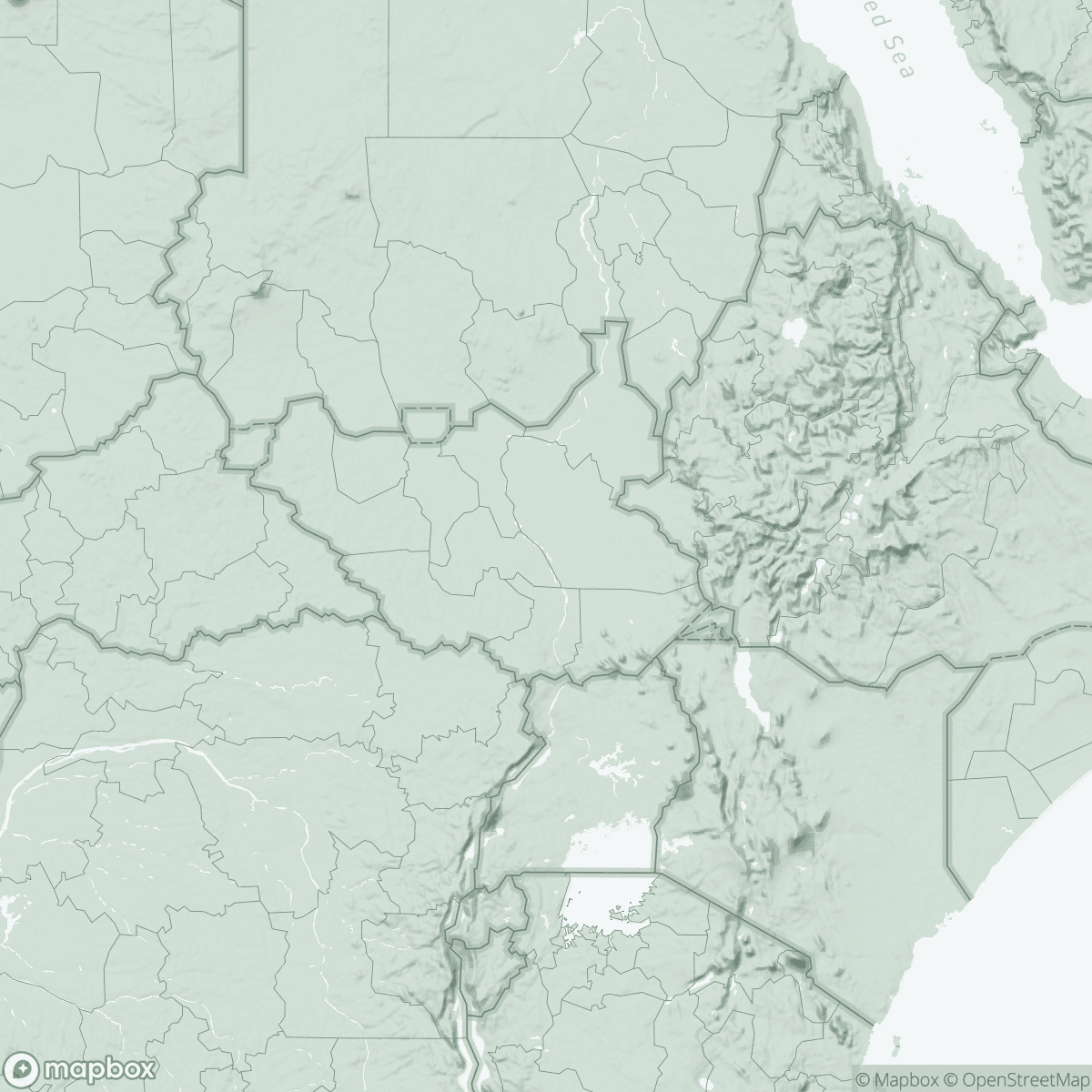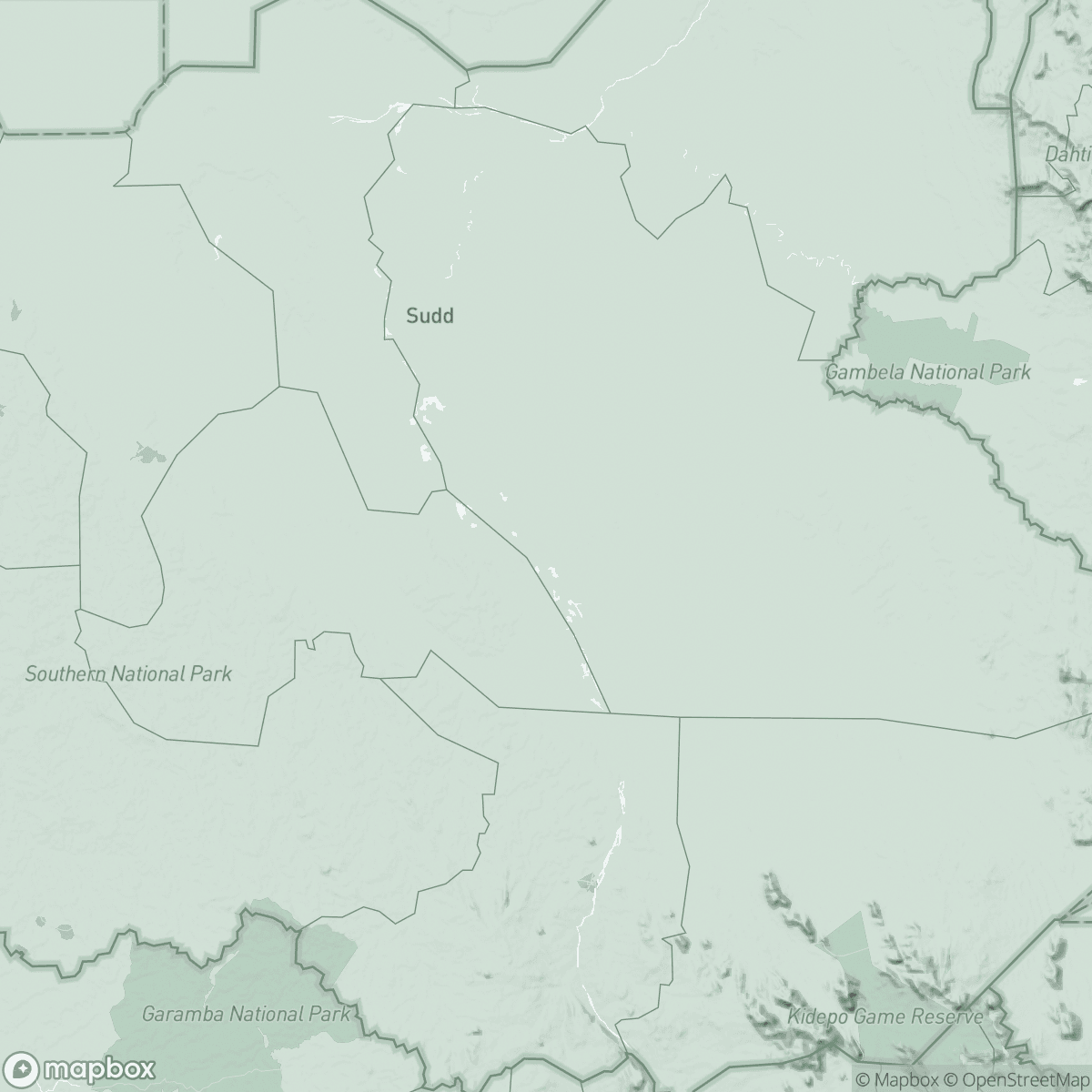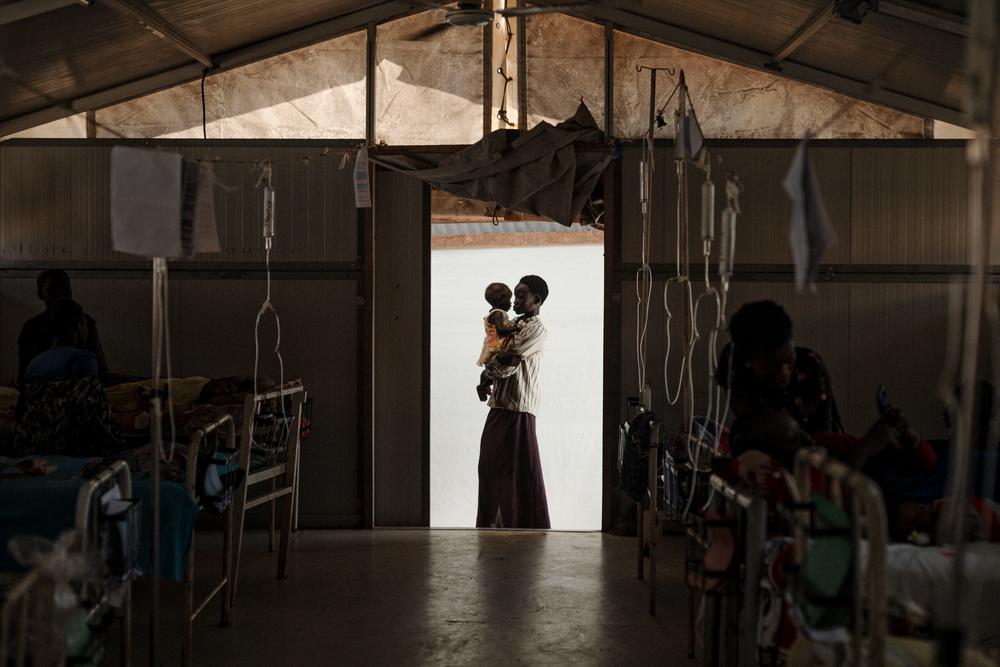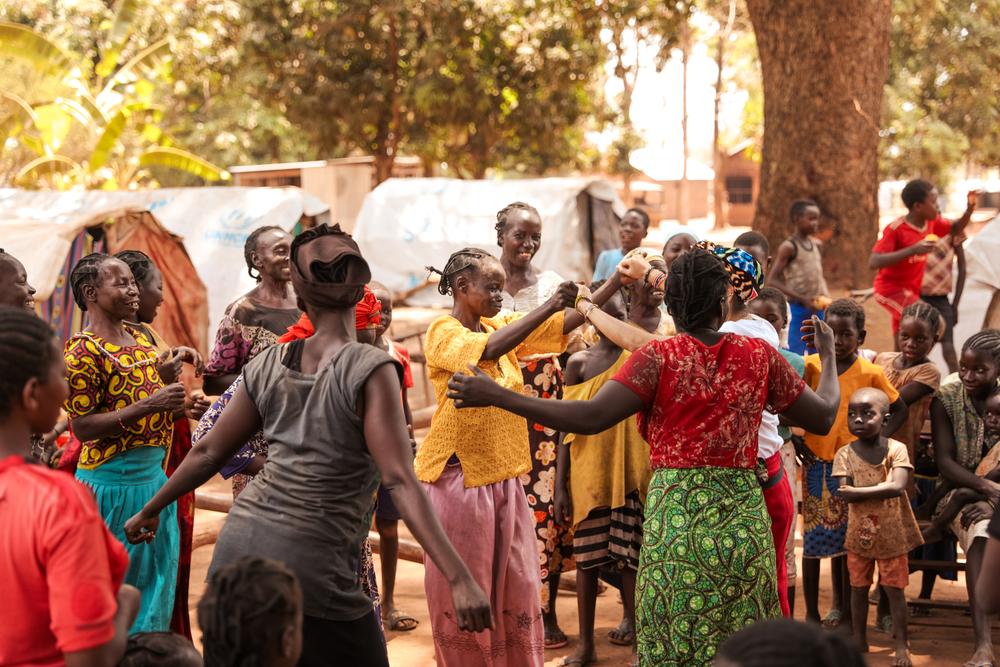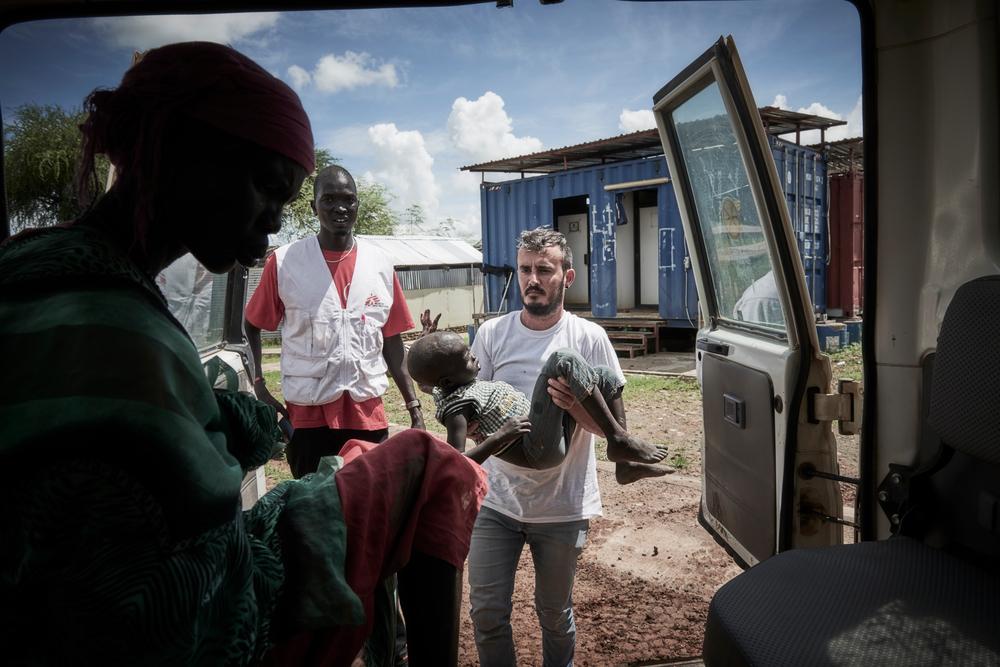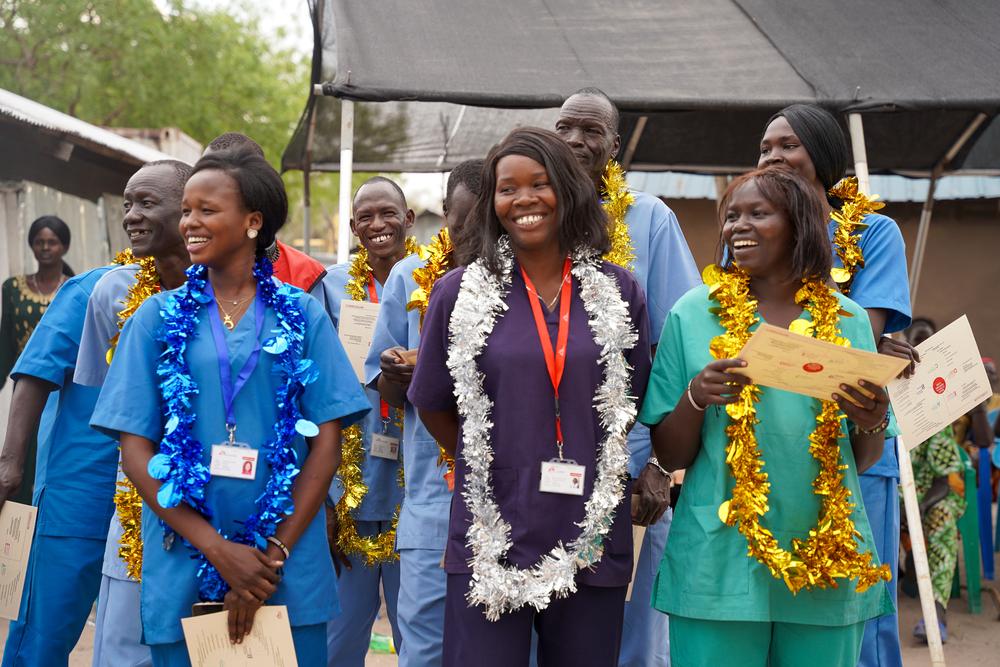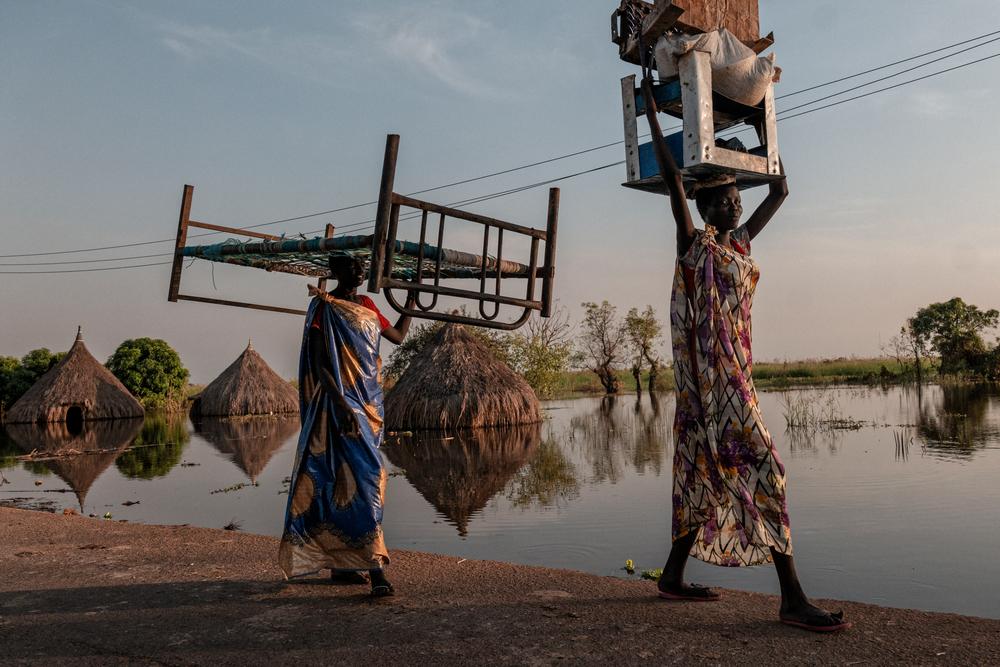
South Sudan: Unshattered hope in the face of adversities
In 1 click, help us spread this information :
Conflict and hostilities in neighbouring Uganda between warring parties propelled MSF to launch its first project in Yei, Central Equatoria. In 1983, a dedicated MSF team including medical and support staff from then southern Sudan and other countries provided emergency medical care to host communities and refugees who were fleeing Uganda civil unrest. A region struggling with conflict itself became a refuge, a home to thousands.
As the needs for refugees and host communities spiked, MSF activities evolved over the years to respond to conflicts-led displacements, famine and disease outbreaks, providing medical treatment and carrying out vaccination campaigns, clean water and sanitation activities, and non-food items distribution.
With today one of the organisation’s most significant operational footprints, covering 13 projects nationwide, MSF activities have left a notable mark in the lives of thousands.
Independence and civil war
After a gruesome and long civil war, southern Sudan, in 2011, attained self-rule, autonomy and relative calm prevailed. This was however short-lived; conflict broke out between the government and opposition forces in December 2013, leading to civil war that caused the death of tens of thousands of people, and forced one in three people to flee from their homes.
“When the country got its independence in 2011, there was a lot of hope”, says Andrew Dak, Hospital Coordinator Support, who has worked with MSF since 2004.
People believed there would be no more war and a lot of investment in the health infrastructure in the country. But two years later, there was already fighting in the country. Everything went back to zero.”
Since then, in addition to recurrent conflicts, the country has continued to suffer from concurrent emergencies, including food insecurity, disease outbreaks and severe flooding.
Addressing the consequences of climate change
Most recently, four consecutive years of flooding left about two-thirds of South Sudan under water last year, with most states experiencing catastrophic floods.
“Over the years, the severity of the floods has increased in scale, water levels, and the impact on the population,” says Mohammad Ibrahim, MSF head of mission in South Sudan.
More than two thirds of the country was under water during the last rainy season. We have seen floods not only uprooting people from their homes, but also destroying croplands, killing livestock and damaging houses, schools and health facilities. For a country that has already been affected by years of violence, that has a fragile health system, and that has high levels of malnutrition, flooding is seriously aggravating an already dire humanitarian situation.”
Overcoming barriers to healthcare
Across South Sudan, patients face major obstacles when trying to access healthcare. Floods are one, combined with an overall lack of facilities and insecurity.
“Many mothers and pregnant women live in very remote areas and can’t reach medical facilities,” says Harriet Wikoru, MSF Midwife Activity Manager in Old Fangak. “Most of them can only go to traditional birth attendants in their village. The lack of access to health facilities puts women in danger both during their pregnancy and delivery.”
Overcoming these barriers, MSF teams have been supporting most-at-risk communities by running clinics, outreach and preventatives activities, and training community healthcare workers in remote areas.
Building healthcare capacity
After decades of conflict and underinvestment, the severe shortages of health infrastructure and qualified medical professionals continue to pose major challenges to the development of a good healthcare system in South Sudan.
“For more than 15 years, MSF has been providing care for patients here in Bentiu, however the organisation won’t be here forever, and should only be here to provide emergency care”, says John Puok, a medical doctor with MSF. “If the government of South Sudan would do something about the situation here, MSF may relocate these services to other people who are in need. Maybe not in South Sudan, but in other parts of the world.”
To have a long-term impact on the quality of care in the country, the MSF Academy for Healthcare is training locally hired South Sudanese healthcare workers in several states to strengthen competencies and improve the quality of care.
An urgent need to ensure vulnerable populations access to life-saving care
Twelve years after its independence, South Sudan continues to face immense needs, ongoing crises such as conflict and displacement, and new challenges such as climate change. These crisis and challenges are amplifying and accelerating already existing diseases and the deplorable humanitarian situation.
According to the United Nations, two-thirds of the population, about 9.4 million people, need humanitarian assistance, healthcare and protection.
Already one of the worst crises in the world, the country is experiencing additional needs with the arrival of returnees and refugees from Sudan, which the current humanitarian response cannot absorb.
Despite this, MSF has been observing a progressive reduction of international funding for health in the country, resulting in an increased risk of serious health and social impacts on the population. The government of South Sudan and international development sector partners must invest, engage and support the country’s health system. Sustained and consistent investment is needed to avoid continuous deterioration of the situation and any further potential crisis.
